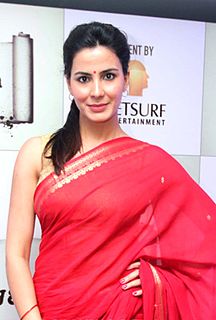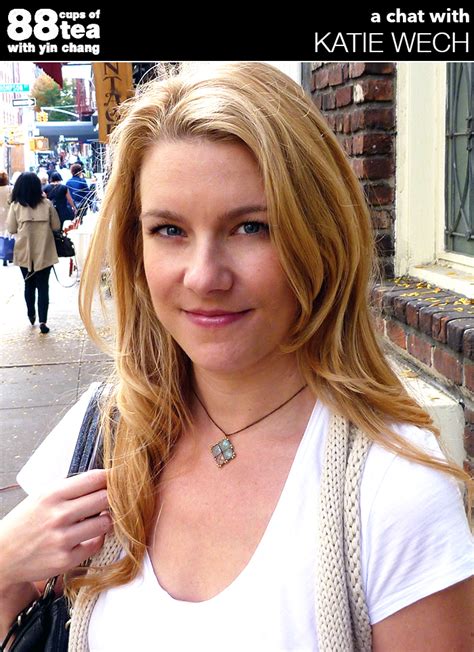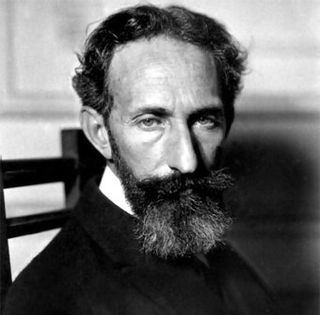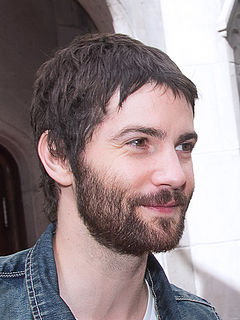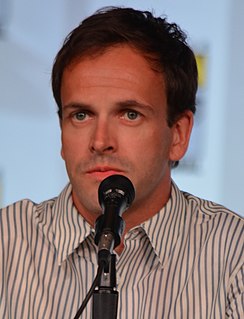A Quote by Kirti Kulhari
In theatre, you rehearse for months and then perform. That way, you're totally in-sync with your character, the other characters, and the story.
Related Quotes
I always have to start with a character that I can really hook into, and then build from there. I have writer friends who start from a world, an object or some kind of concept that they then hone and widdle into a story. But, for me, it has to be a character that I can really sink my teeth into and live with, for months and months.
You have formal rehearsal, a lot of things you don't have in movies - which is, you have to formally rehearse. You have to know your back story, discuss it, and almost everybody onstage has to know each other's [story], so that when it comes time to actually do it, you can throw it all away. That's the way I like to - and I didn't realize until very recently - that's the way I like to prepare for movies.
Also, worldbuilding touches all aspects of your story. It touches plot and character as well. If you don't know the culture your character comes from, how can you know what he's really like? You must know your characters on a much deeper level than you would if you just shrugged your way into a cookie cutter fantasy world.
I feel that all you can do is give it your absolute best with whatever gifts the universe has given you. And if you make it in some way that other people can recognize, that's fine. But even if you don't quote-unquote make it, you're fine, if you've given it your whole heart and soul. You're totally in sync with your purpose and with the universe. And that's fine.
In 'Uncharted,' we do the scenes the same way you would do a film or television show. The motion capture - the performance-capture process - is what makes such a difference for this franchise. So I don't approach it any differently. The other actors and I go in and rehearse scenes together, and then we go in the next day and perform.
I worked as an actor for a few years before anything happened, so I'm used to going up for auditions, and then not getting the role. But sometimes I don't read the book of the film, in case I just totally fall in love with it, and then it just becomes an obsession and you want to do it so much because you've completely fallen in love with the story and the characters. And then, if the part doesn't go your way, it's heartbreaking. So, there's a certain amount of distance you have to keep before you can throw yourself in 100%.
You have to do three things really well to make a successful film. You have to tell a compelling story that has a story that is unpredictable, that keeps people on the edge of their seat where they can't wait to see what happens next. You then populate that story with really memorable and appealing characters. And then, you put that story and those characters in a believable world, not realistic but believable for the story that you're telling.
I don't know quite how a story develops in my head. It is a bit chaotic. If I am working on a series, one of the main characters at least is already in existence as well as some setting and minor characters. Finding the other main character can be a challenge. Sometimes this character already exists in a minor role in another book.
I think that the way that I write stories is by instinct. You have some basic ideas - a character, or an image, or a situation that sounds compelling - and then you just feel your way around until you find the edges of your story. It's like going into a dark room... you stumble around until you find the walls and then inch your way to the light switch.
